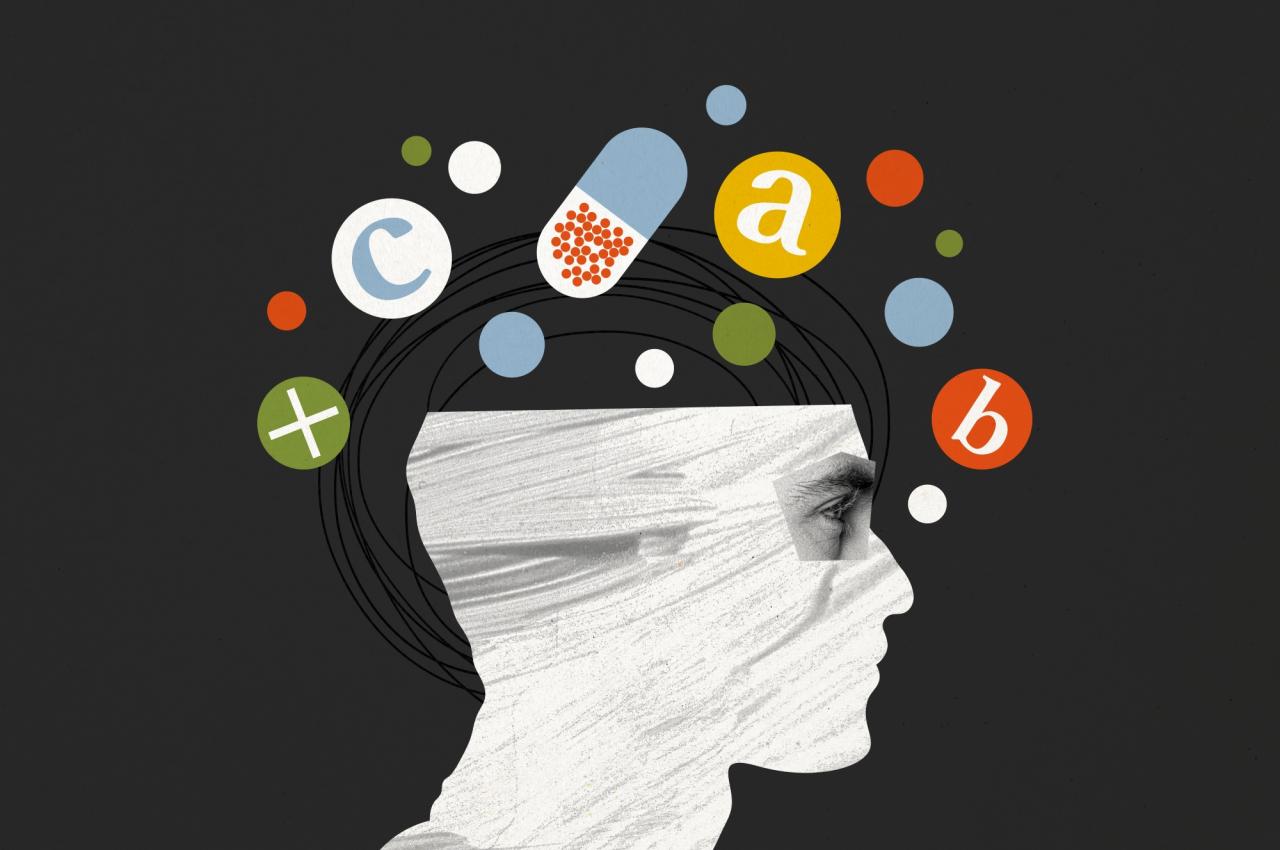Complete information on methodology, limitations, and conflicts of interest is available in the published paper.
Study Identifies Which Patients Benefit Most From New Schizophrenia Drug
Each year, about 100,000 Americans experience psychosis, a serious condition that disrupts thoughts and perceptions so profoundly that it can distort a person’s sense of reality. Now—just over a year after the first new schizophrenia drug in half a century was approved—a study in Nature Mental Health looks at how patients respond to it, offering early clues for more personalized treatment.
The study, led by Michael Halassa, professor of neuroscience at Tufts University School of Medicine, analyzed electronic medical records from 49 patients hospitalized for schizophrenia, schizoaffective disorder, or bipolar disorder with psychotic features. All patients were given the new drug, Cobenfy—a combination of xanomeline and trospium chloride—on top of their usual antipsychotic medications after standard treatments failed to adequately control their symptoms.
“The new drug targets different receptors in the nervous system than traditional antipsychotic drugs, which mainly block dopamine D2 receptors in the brain,” says Halassa. “Clinical trials showed the drug worked well compared with a placebo. But clinicians are still assessing how it performs as part of real-world care.”
Through statistical analyses of two small patient cohorts, Halassa’s exploratory study identified patterns that may help predict who may benefit from the xanomeline-trospium combination therapy and who might not.
The study analyzed clinical data for 24 patients, identifying several predictive clinical features for individuals who responded, did not respond, or had mixed responses to the addition of the new drug. “A statistical analysis of clinical data from a second group of 25 patients independently replicated these findings, supporting the notion of biologically distinct psychosis subgroups,” says Halassa.
Patients with prominent “negative symptoms”—such as social withdrawal, low motivation, or reduced speech—showed the strongest improvements after receiving the new combination drug with their usual antipsychotic medications, including brighter mood and greater social engagement. Those with a history of stimulant use also tended to respond especially well to the new drug.
In contrast, patients who exhibited aggression or bipolar features (mainly manic symptoms) saw little benefit from adding the new drug to their treatment. Patients with intellectual disabilities also showed limited improvement, though Halassa notes this finding is tentative given the small number of patients with that diagnosis in the study.
The drug’s effects on other symptoms varied. Some patients with hallucinations improved, but not as consistently or dramatically as those with negative symptoms.
"If we start treating every symptom response and non-response as valuable data, we could save individuals and families years of trial and error in finding effective treatment."
Halassa says the results suggest schizophrenia may be less a single disease than a collection of conditions—much like a fever or pain—that can stem from different causes and require different treatments. He hopes the findings mark an early step toward the development of precision psychiatry, in which treatment-response patterns help guide care as they already do in other areas of medicine, such as cancer and immunology.
To shorten the long and uncertain path to recovery for patients with psychosis, he says researchers need to test whether these emerging patient subgroups can truly predict who responds to which treatments. That means running clinical trials that compare medications in people with specific cognitive or biological profiles and tracking the precise trajectories of these symptoms over time.
Clinicians will also need to track not just whether symptoms improve, but which ones—and under what kind of drug—to drive more personalized treatments. “If we start treating every symptom response and non-response as valuable data, we could save individuals and families years of trial and error in finding effective treatment,” Halassa says.
Latest Tufts Now
- $4 Million Gift to Advance Women’s HealthTufts Board Chair Jeff Moslow and Linda Moslow fund initiative uniting medicine and nutrition, with focus on menopause and longevity
- Boston Forward Sam Hauser, Delta Dental Support Program for VeteransFor every assist this season, the insurance provider will donate $25 to TUSDM Cares for Veterans
- Why Is the Cost of Owning a Home So High Now?It’s getting tougher than ever to become a homeowner, especially for first-time buyers. A Tufts economist explains why
- What Mamdani’s Victory Says About Engaging Gen Z VotersHis campaign drew a surge of new voters, including young people. Will the youth vote help shape the 2026 midterms, too?
- The ‘Black Forager’ Nibbles the CampusAlexis Nikole Nelson, an expert on foraging, shares advice for safely eating foods found in the wild
- Maxing Out Your Fiber Intake Can Have Broad Health BenefitsWith the fibermaxxing trend making headlines, a Tufts expert shares tips on why fiber is important in our diets and how to reach your fiber intake goals













